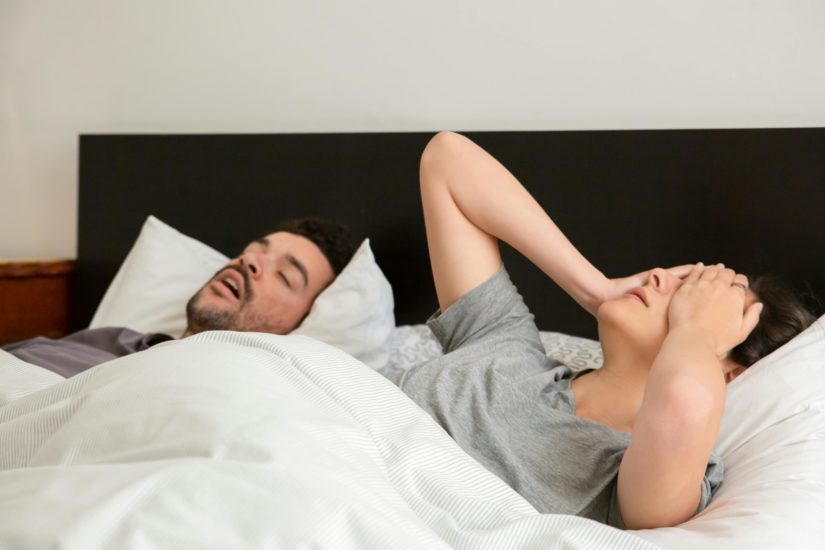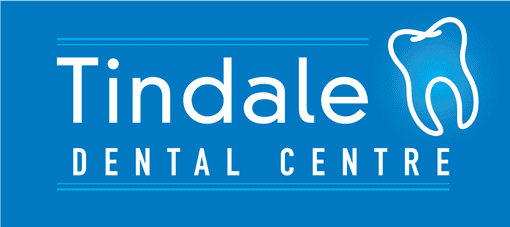
Waking up tired, struggling to focus during the day, or snoring loudly at night could point to sleep apnoea. Many people live with this condition for years without a diagnosis or treatment. In this blog, we explain how a dentist can help manage sleep apnoea using customised oral devices. You’ll learn what sleep apnoea is, how it affects your health, treatment options, and when to see a Penrith dentist.
What is sleep apnoea and why it disrupts more than just sleep
What is sleep apnoea?
Sleep apnoea causes you to stop breathing many times throughout the night. It happens if your airway becomes blocked (Obstructive Sleep Apnoea) or your brain stops sending signals to breathing muscles (Central Sleep Apnoea).
When your brain lacks oxygen, it produces a survival reflex that wakes you up to resume breathing. Despite this keeping you alive, it also affects your sleep cycle. As a result, it limits restful sleep, which could lead to harmful health issue such as heart disease, strokes, and diabetes.
Why treatment matters
Sleep apnoea affects more than just your sleep. It increases the risk of high blood pressure, heart disease, and mood issues. Therefore, getting proper sleep apnoea dental treatment can protect your long-term health.
How a dentist can provide effective sleep apnoea dental treatment
Oral devices that improve sleep
Dentists trained in sleep medicine provide custom oral devices worn during sleep. These devices hold your jaw or tongue in a position that keeps your airways open.
Types of dental devices:
- Mandibular advancement devices (MADs) move the lower jaw forward, bringing the tongue forward and creating space for airflow.
- Tongue stabilising devices (TSDs) use suction to hold your tongue in place, preventing it from blocking your airway.
Dentists make each device to fit your mouth comfortably and provide a quiet alternative to CPAP machines.
Specialists’ knowledge leads to better results
Dr Emma Bond focuses on helping patients manage sleep apnoea. She uses custom mandibular advancement splints to treat mild to moderate obstructive cases. For more severe conditions, this option may help when CPAP is not suitable. Dr Bond completed a Postgraduate Diploma in Dental Sleep Medicine and is also a Fellow of Dental Sleep Medicine.
How to know if sleep apnoea dental treatment is right for you
Recognise the warning signs
Snoring loudly, waking up gasping for air, or feeling tired despite a full night’s sleep could signal sleep apnoea. If these symptoms sound familiar, talk to your GP or a sleep specialist. A Penrith dentist like Dr Bond can work with your specialist to explore treatment options.
Why work with Tindale Dental?
Specialised training ensures successful outcomes. Tindale Dental provides sleep apnoea dental treatment that suits your needs. The team also works with sleep specialists to deliver complete care.
Take the first step toward better sleep tonight
Untreated sleep apnoea can affect your energy, focus, and overall well-being. Start your journey today to better sleep with sleep apnoea dental treatment. Contact our friendly team at Tindale Dental today. A Penrith dentist will help you explore your options and guide you towards better health. After all, you deserve the best for you and your dental health.
